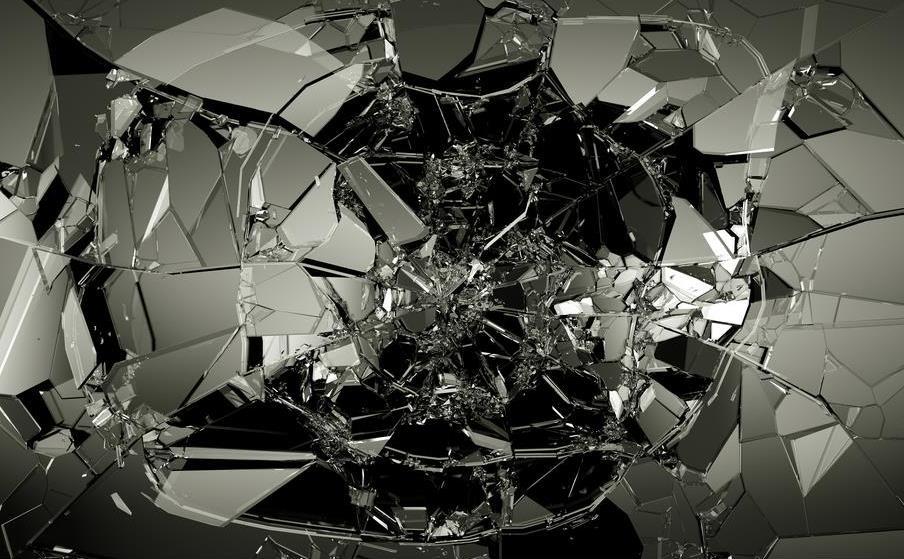I don’t think I know a single person who works in the arts that hasn’t at some point stumbled into the gaping ravine commonly referred to as a rut. Put less dramatically, a rut is defined as a deep track or furrow created by repeated traffic. And while ‘being in a rut’ might sound like some kind of mildly irritating funk, being in a creative rut is crappy and potentially debilitating.
Beating the creative malaise
We start thinking things like ‘maybe I’ll never have another good idea,’ or ‘God, this is rubbish,’ or even worse, ‘seriously, what is the point of all this?’. And then we’ll start looking for distractions because being in a creative rut is boring and anxiety-producing.
There’s only one way to beat creative malaise, and that’s to take action the minute you feel your mojo starting to flag. Sometimes that action is as simple as parking that project or giving yourself some space – which, granted, can be easier said than done when you’re stressing about how your brainbox (and primary money maker) seems to be on the fritz.
But consider this: sometimes taking a new action can feel uncomfortable. That’s actually good. Staying in your comfort zone is not conducive to unleashing creativity. Getting out of it is.
While we might not have much control about ending up in a creative rut, we do have some say about how long we stay in it. So here are six simple actions you can take to help you clamber out.
1. Park It
If you’re not feeling the love for your current project, park it for a week and indulge yourself in another creative project just for the hell of it rather than a prescribed outcome. (If you’re time pressed, make it a day or two). Then come back to it. This can feel counter-intuitive – what, just stop working on it? Yes, my friend, it’s amazing how distance gives you new eyes, and how a different creative activity can re-energise you.
2. Replenish
Get offline. Cut out toxic brain junk for a couple of days and consciously consume creatively rich and stimulating content. Replenish your creative brain tank by going to an art gallery, reading a new book or magazine on a subject you know nothing about, walking somewhere you’ve never been before, listening to musicians you’ve never heard of. It doesn’t need to cost a lot – there is a world of free art spaces, music, workshops and lectures out there. Not to mention libraries and hospice shops heaving with pre-loved books. Or conversely…
3. Do nothing… And create space
Get outside, sit quietly and stare at nature for a sizable chunk of time. With no phone, music or conversation, you’ll find your mind will wander and start coming up with ideas whether you’re trying to or not. By doing nothing except sitting and breathing, you’re creating mental space for your brain to do what it’s good at. Folks who already meditate, you’ve got this.
4. Consciously spend time with creative people who are motivated and positive.
Let the energy and enthusiasm of other people who kick butt fire you up. Conversely, spend less time with people who are constantly negative about their own creative project, as negativity diminishes your energy and tends to reinforce any negative feelings you might have. Not really helpful, right?
5. Find a friendly sounding board/agony aunt
Grab a coffee with a positive friend or artistic colleague and talk through your work with them. And here’s the smart bit – encourage them to ask you questions about the creative details of your project. As you start to answer, you’ll soon find out what excites you about your project and your brain will start whirring again as you talk. There’s nothing quite like having some external stimulation lobbed into the mix.
6. Take a creative challenge
Take a class in something that is nothing like your usual creative work. Learning something new is like giving your brain a reinvigorating workout. Whatever creative topic or activity you choose to investigate, make sure it’s something you really don’t know how to do. It might feel a little awkward at first, but your goal isn’t to be amazing at this new thing, it’s to reinvigorate your creative self and come away energised. And if your new challenge has a physical component too (like dance lessons) then win-win.
This article was first published by The Big Idea NZ. Read the original article.





